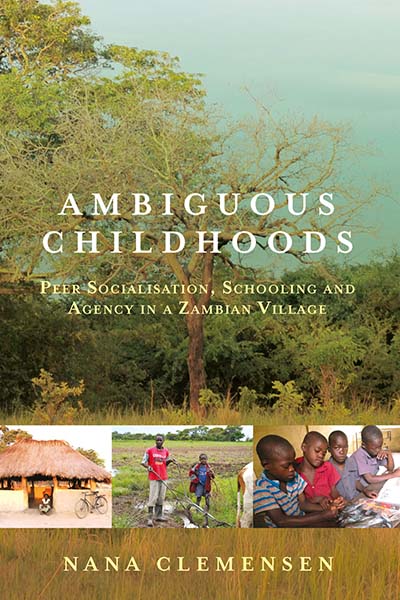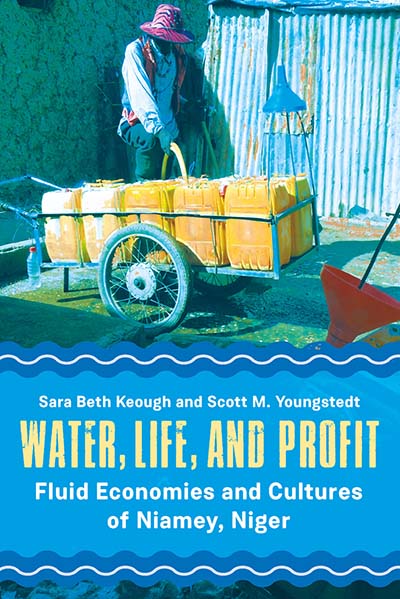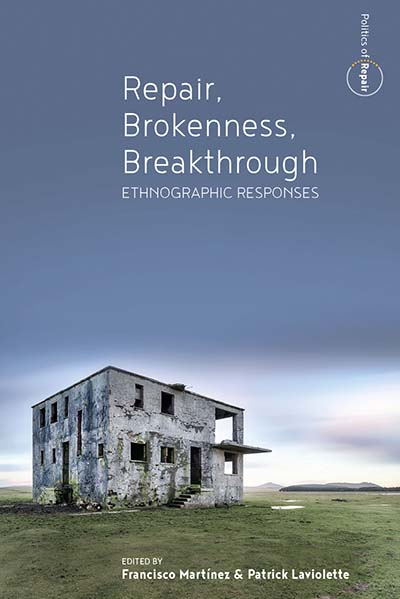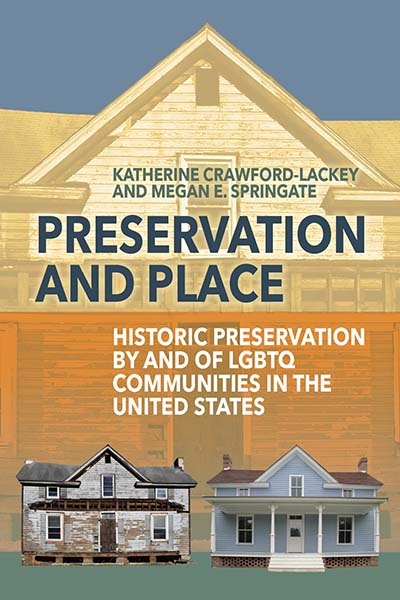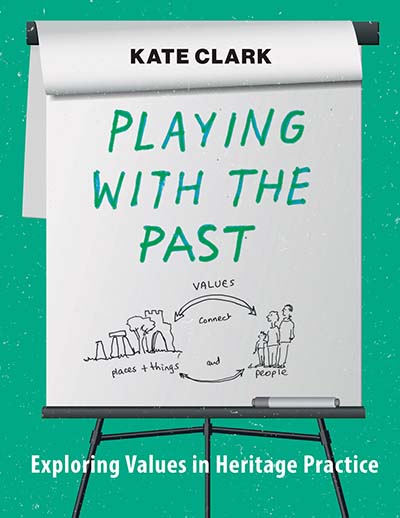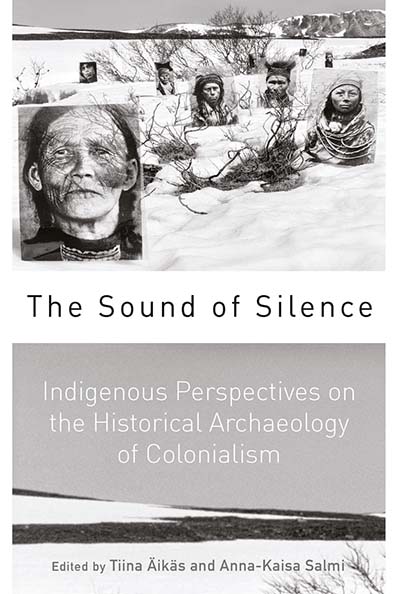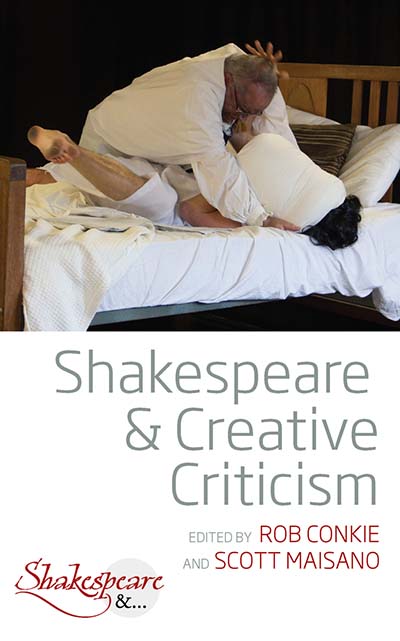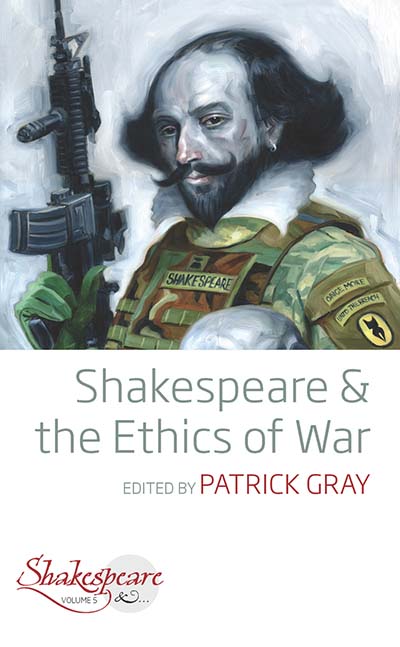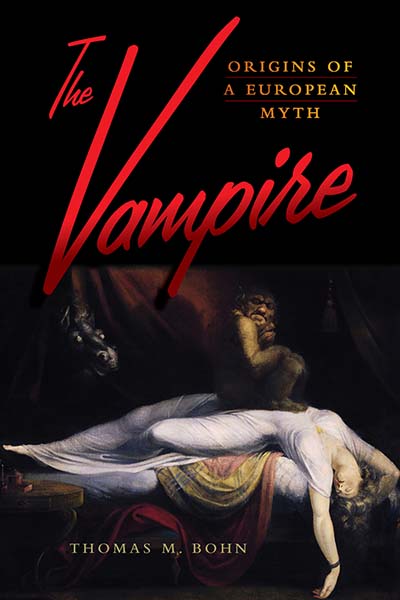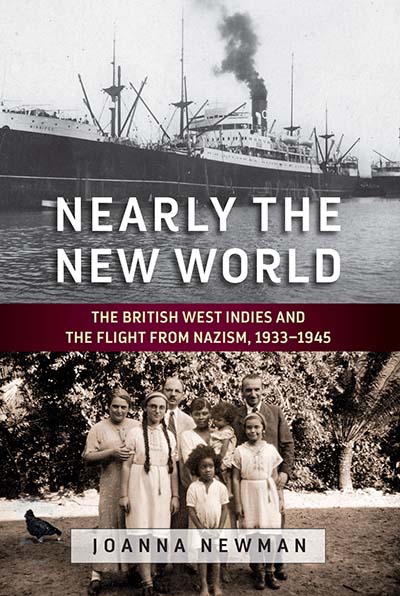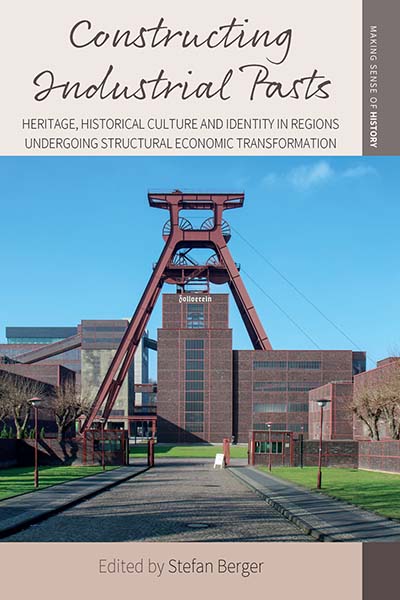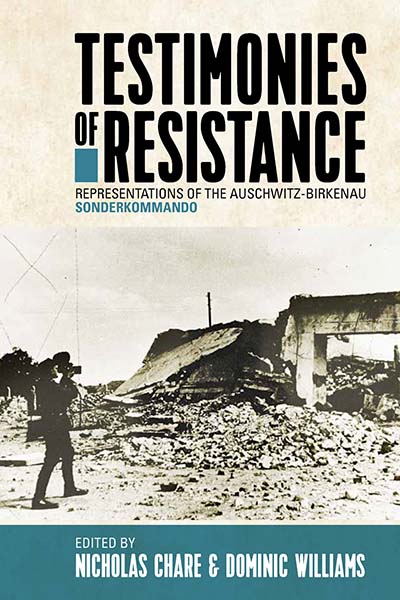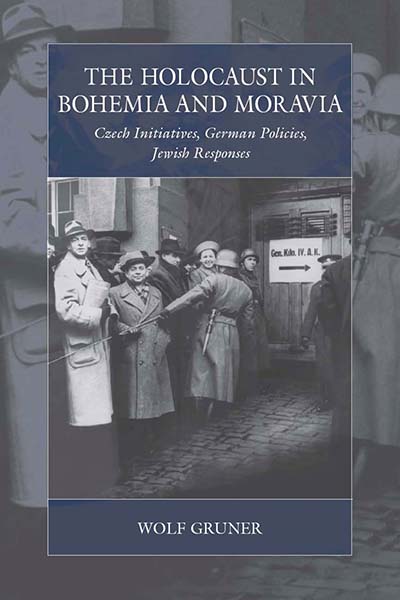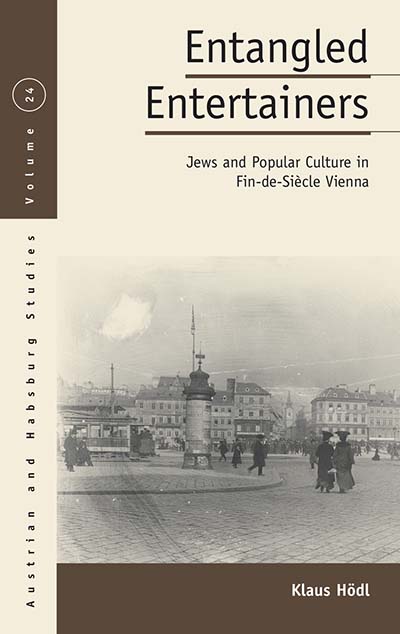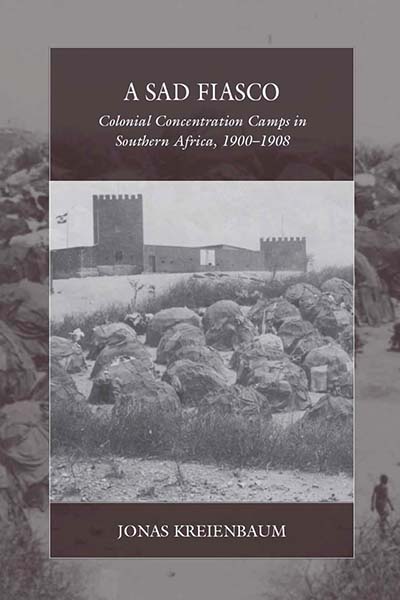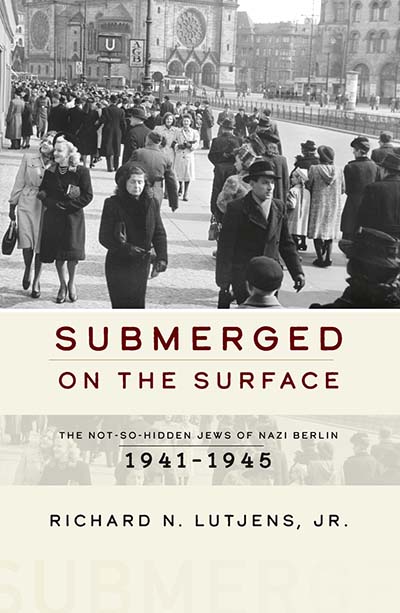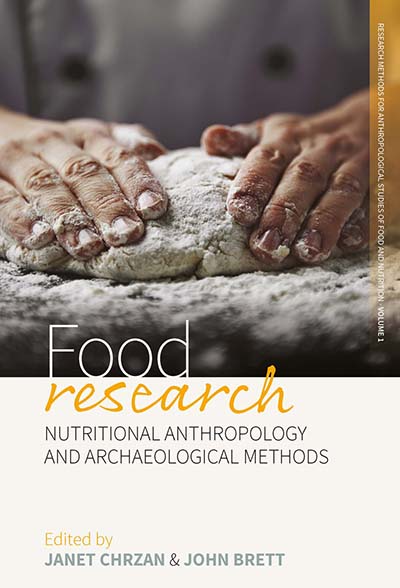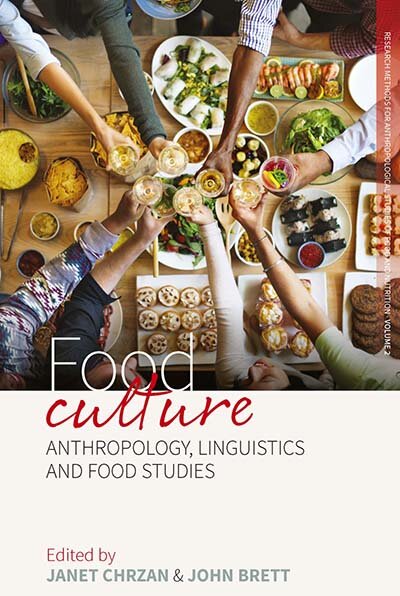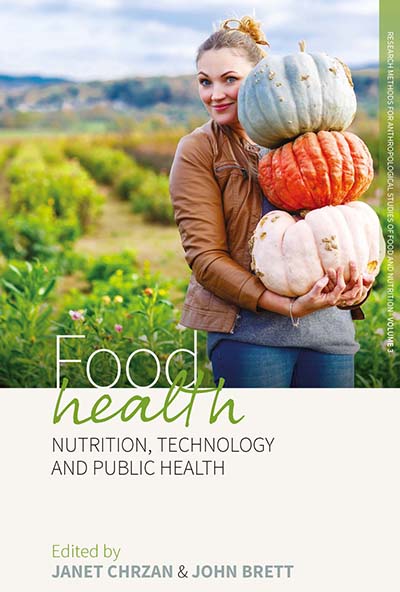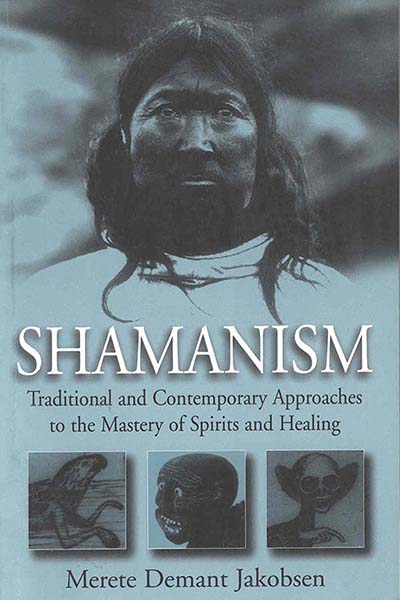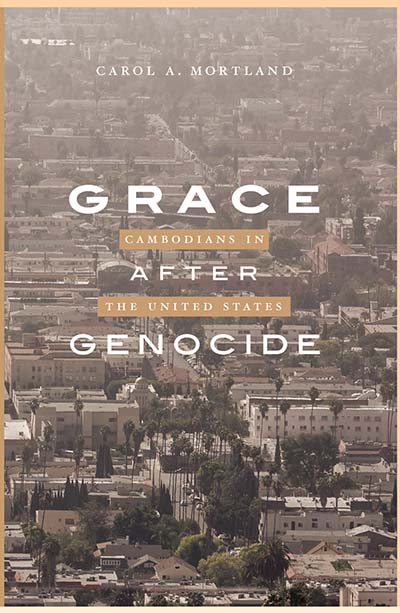BROWSE THIS MONTH’S NEW BOOKS & JOURNALS

We’re delighted to offer a selection of latest releases from our core subjects of Anthropology, Archaeology, Cultural Studies, and History along with our new in paperback titles and new Berghahn journal issues published in September.
ANTHROPOLOGY
AMBIGUOUS CHILDHOODS
Peer Socialisation, Schooling and Agency in a Zambian Village
Nana Clemensen
Growing up with social and economic upheaval in the peripheries of global neoliberalism, children in rural Zambia are presented with diverging social and moral protocols across homes, classrooms, church halls, and the street. Mostly unmonitored by adults, they explore the ambiguities of adult life in playful interactions with their siblings and kin across gender and age. Drawing on rich linguistic-ethnographic details of such interactions combined with observations of school and household procedures, the author provides a rare insight into the lives, voices, and learning paths of children in a rural African setting.
Read Introduction
WATER, LIFE, AND PROFIT
Fluid Economies and Cultures of Niamey, Niger
Sara Beth Keough and Scott M. Youngstedt
Water, Life, and Profit offers a holistic analysis of the people, economies, cultural symbolism, and material culture involved in the management, production, distribution, and consumption of drinking water in the urban context of Niamey, Niger. Paying particular attention to two key groups of people who provide water to most of Niamey’s residents—door-to-door water vendors and those that sell water in one-half liter plastic bags (sachets) on the street or in small shops—the authors offer new insights into how Niamey’s water economies affect gender, ethnicity, class, and spatial structure today.
Read Introduction
New Series!
REPAIR, BROKENNESS, BREAKTHROUGH
Ethnographic Responses
Edited by Francisco Martínez and Patrick Laviolette
Vol. 1, Politics of Repair
What does it mean to claim that something is broken? What is the connection between tinkering and innovation? And how much tolerance for failure do our societies have? Exploring some of the ways in which repair practices and perceptions of brokenness vary culturally, Repair, Brokenness, Breakthrough argues that repair is an attempt to extend the life of things as well as an answer to failures, gaps, wrongdoings and leftovers. The set of contributions illustrates the strong affective power hidden in situations of disrepair and repair; broken objects often bring strong emotions into play, but also energising reactions of creative action.
Read Introduction
ARCHAEOLOGY
PRESERVATION AND PLACE
Historic Preservation by and of LGBTQ Communities in the United States
Edited by Katherine Crawford-Lackey and Megan E. Springate
Significant historic and archaeological sites affiliated with two-spirit, lesbian, gay, bisexual, transgender, and queer history in the United States are examined in this unique volume. The importance of the preservation process in documenting and interpreting the lives and experiences of queer Americans is emphasized. The book features chapters on archaeology and interpretation, as well as several case studies focusing on queer preservation projects. The accessible text and associated activities create an interactive and collaborative process that encourages readers to apply the material in a hands-on setting.
Read Preface
PLAYING WITH THE PAST
Exploring Values in Heritage Practice
Kate Clark
Heritage is all around us, not just in monuments and museums, but in places that matter, in the countryside and in collections and stories. It touches all of us. How do we decide what to preserve? How do we make the case for heritage when there are so many other priorities? Playing with the Past is the first ever action-learning book about heritage. Over eighty creative activities and games encompass the basics of heritage practice, from management and decisionmaking to community engagement and leadership. Although designed to ‘train the trainers’, the activities in the book are relevant to anyone involved in caring for heritage.
Read Preface
THE SOUND OF SILENCE
Indigenous Perspectives on the Historical Archaeology of Colonialism
Edited by Tiina Äikäs and Anna-Kaisa Salmi
Afterword by Alistair Paterson and Shino Konishi
Colonial encounters between indigenous peoples and European state powers are overarching themes in the historical archaeology of the modern era, and postcolonial historical archaeology has repeatedly emphasized the complex two-way nature of colonial encounters. The volume examines common trajectories in indigenous colonial histories, and explores new ways to understand cultural contact, hybridization and power relations between indigenous peoples and colonial powers from the indigenous point of view. By bringing together a wide geographical range and combining multiple sources such as oral histories, historical record, and contemporary discourses with archaeological data, the volume finds new multivocal interpretations of colonial histories.
Read Chapter 1
CULTURAL STUDIES
SHAKESPEARE AND CREATIVE CRITICISM
Edited by Rob Conkie and Scott Maisano
Vol. 4, Shakesepare & Series
What kinds of critical insights are made possible only or especially via creative strategies? This volume examines how creative modes of writing might facilitate or inform new ways to critically engage with Shakespeare. Creative writing, demonstrated in a series of essays, reflections, stories and scenes, operates as a vehicle for exploring and articulating critical and theoretical ideas. In doing so, Shakespeare’s enduring creative and critical appeal is newly understood and critiqued.
Read Introduction
SHAKESPEARE AND THE ETHICS OF WAR
Edited by Patrick Gray
Vol. 5, Shakesepare & Series
How does Shakespeare represent war? This volume reviews scholarship to date on the question and introduces new perspectives, looking at contemporary conflict through the lens of the past. Through his haunting depiction of historical bloodshed, including the Trojan War, the fall of the Roman Republic, and the Wars of the Roses, Shakespeare illuminates more recent political violence, ranging from the British occupation of Ireland to the Spanish Civil War, the Balkans War, and the past several decades of U. S. military engagement in Iraq and Afghanistan. Can a war be just? What is the relation between the ruler and the ruled? What motivates ethnic violence? Shakespeare’s plays serve as the frame for careful explorations of perennial problems of human co-existence: the politics of honor, the ethics of diplomacy, the responsibility of non-combatants, and the tension between idealism and Realpolitik.
Read Introduction
THE VAMPIRE
Origins of a European Myth
Thomas M. Bohn
Translated from the German by Francis Ipgrave
Even before Bram Stoker immortalized Transylvania as the homeland of his fictional Count Dracula, the figure of the vampire was inextricably tied to Eastern Europe in the popular imagination. Drawing on a wealth of heretofore neglected sources, this book offers a fascinating account of how vampires—whose various incarnations originally emerged from the folk traditions of societies throughout the world—became identified with such a specific region. It demonstrates that the modern conception of the vampire was born in the crucible of the Enlightenment, embodying a mysterious, Eastern “otherness” that stood opposed to Western rationality.
Read Prologue
HISTORY
NEARLY THE NEW WORLD
The British West Indies and the Flight from Nazism, 1933–1945
Joanna Newman
In the years leading up to the Second World War, increasingly desperate European Jews looked to far-flung destinations such as Barbados, Trinidad, and Jamaica in search of refuge from the horrors of Hitler’s Europe. Nearly the New World tells the extraordinary story of Jewish refugees who overcame persecution and sought safety in the West Indies from the 1930s through the end of the war. At the same time, it gives an unsparing account of the xenophobia and bureaucratic infighting that nearly prevented their rescue—and that helped to seal the fate of countless other European Jews for whom escape was never an option.
Read Introduction
CONSTRUCTING INDUSTRIAL PASTS
Heritage, Historical Culture and Identity in Regions Undergoing Structural Economic Transformation
Edited by Stefan Berger
Since the 1960s, nations across the “developed world” have been profoundly shaped by deindustrialization. In regions in which previously dominant industries faced crises or have disappeared altogether, industrial heritage offers a fascinating window into the phenomenon’s cultural dimensions. As the contributions to this volume demonstrate, even as forms of industrial heritage provide anchors of identity for local populations, their meanings remain deeply contested, as both radical and conservative varieties of nostalgia intermingle with critical approaches and straightforward apologias for a past that was often full of pain, exploitation and struggle.
Read Introduction
TESTIMONIES OF RESISTANCE
Representations of the Auschwitz-Birkenau Sonderkommando
Edited by Nicholas Chare and Dominic Williams
Foreword by Anne Karpf
Afterword by Victor Jeleniewski Seidler
The Sonderkommando—the “special squad” of enslaved Jewish laborers who were forced to work in the gas chambers and crematoria of Auschwitz-Birkenau—comprise one of the most fascinating and troubling topics within Holocaust history. As eyewitnesses to and unwilling abettors of the murder of their fellow Jews, they are the object of fierce condemnation even today. Yet it was a group of these seemingly compromised men who carried out the revolt of October 7, 1944, one of the most celebrated acts of Holocaust resistance. This interdisciplinary collection assembles careful investigations into how the Sonderkommando have been represented—by themselves and by others—both during and after the Holocaust.
Read Introduction
THE HOLOCAUST IN BOHEMIA AND MORAVIA
Czech Initiatives, German Policies, Jewish Responses
Wolf Gruner
Translated from the German by Alex Skinner
Vol. 28, War and Genocide
Prior to Hitler’s occupation, nearly 120,000 Jews inhabited the areas that would become the Protectorate of Bohemia and Moravia; by 1945, all but a handful had either escaped or been deported and murdered by the Nazis. This pioneering study gives a definitive account of the Holocaust as it was carried out in the region, detailing the German and Czech policies, including previously overlooked measures such as small-town ghettoization and forced labor, that shaped Jewish life. Drawing on extensive new evidence, Wolf Gruner demonstrates how the persecution of the Jews as well as their reactions and resistance efforts were the result of complex actions by German authorities in Prague and Berlin as well as the Czech government and local authorities.
Read Introduction
Open Access!
ENTANGLED ENTERTAINERS
Jews and Popular Culture in Fin-de-Siècle Vienna
Klaus Hödl
Translated from the German by Corey Twitchell
Vol. 24, Austrian and Habsburg Studies
Viennese popular culture at the turn of the twentieth century was the product of the city’s Jewish and non-Jewish residents alike. While these two communities interacted in a variety of ways to their mutual benefit, Jewish culture was also inevitably shaped by the city’s persistent bouts of antisemitism. This fascinating study explores how Jewish artists, performers, and impresarios reacted to prejudice, showing how they articulated identity through performative engagement rather than anchoring it in origin and descent. In this way, they attempted to transcend a racialized identity even as they indelibly inscribed their Jewish existence into the cultural history of the era.
Read Full Text
A SAD FIASCO
Colonial Concentration Camps in Southern Africa, 1900–1908
Jonas Kreienbaum
Translated from the German by Elizabeth Janik
Vol. 29, War and Genocide
Only in recent years has the history of European colonial concentration camps in Africa—in which thousands of prisoners died in appalling conditions—become widely known beyond a handful of specialists. Although they preceded the Third Reich by many decades, the camps’ newfound notoriety has led many to ask to what extent they anticipated the horrors of the Holocaust. Were they designed for mass killing, a misbegotten attempt at modernization, or something else entirely? A Sad Fiasco confronts this difficult question head-on, reconstructing the actions of colonial officials in both British South Africa and German South-West Africa as well as the experiences of internees to explore both the similarities and the divergences between the African camps and their Nazi-era successors.
Read Introduction
Open Access!
SUBMERGED ON THE SURFACE
The Not-So-Hidden Jews of Nazi Berlin, 1941–1945
Richard N. Lutjens Jr.
Between 1941 and 1945, thousands of German Jews, in fear for their lives, made the choice to flee their impending deportations and live submerged in the shadows of the Nazi capital. Drawing on a wealth of archival evidence and interviews with survivors, this book reconstructs the daily lives of Jews who stayed in Berlin during the war years. Contrary to the received wisdom that “hidden” Jews stayed in attics and cellars and had minimal contact with the outside world, the author reveals a cohort of remarkable individuals who were constantly on the move and actively fought to ensure their own survival.
Read Full Text
NEW IN PAPERBACK!
RESEARCH METHODS FOR ANTHROPOLOGICAL STUDIES OF FOOD AND NUTRITION
Volumes 1–3
Edited by Janet Chrzan and John A. Brett
Published in association with the Society for the Anthropology of Food and Nutrition (SAFN) and in collaboration with Rachel Black and Leslie Carlin.
These volumes offer a comprehensive reference for students and established scholars interested in food and nutrition research in Nutritional and Biological Anthropology, Archaeology, Socio-Cultural and Linguistic Anthropology, Food Studies and Applied Public Health.
Vol. 1
FOOD RESEARCH
Nutritional Anthropology and Archaeological Methods
Biocultural and archaeological research on food, past and present, often relies on very specific, precise, methods for data collection and analysis. These are presented here in a broad-based review. Individual chapters provide opportunities to think through the adoption of methods by reviewing the history of their use along with a discussion of research conducted using those methods. A case study from the author’s own work is included in each chapter to illustrate why the methods were adopted in that particular case along with abundant additional resources to further develop and explore those methods.
Read Introduction
Vol. 2
FOOD CULTURE
Anthropology, Linguistics and Food Studies
This volume offers a comprehensive guide to methods used in the sociocultural, linguistic and historical research of food use. This volume is unique in offering food-related research methods from multiple academic disciplines, and includes methods that bridge disciplines to provide a thorough review of best practices. In each chapter, a case study from the author’s own work is to illustrate why the methods were adopted in that particular case along with abundant additional resources to further develop and explore the methods.
Read Introduction
Vol. 3
FOOD HEALTH
Nutrition, Technology, and Public Health
Nutritional Anthropology and public health research and programming have employed similar methodologies for decades; many anthropologists are public health practitioners while many public health practitioners have been trained as medical or biological anthropologists. Recognizing such professional connections, this volume provides in-depth analysis and comprehensive review of methods necessary to design, plan, implement and analyze public health programming using anthropological best practices. To illustrates the rationale for use of particular methods, each chapter elaborates a case study from the author’s own work, showing why particular methods were adopted in each case.
Read Introduction
NEW IN PAPERBACK
PEACEFUL SELVES
Personhood, Nationhood, and the Post-Conflict Moment in Rwanda
Laura Eramian
This ethnography of personhood in post-genocide Rwanda investigates how residents of a small town grapple with what kinds of persons they ought to become in the wake of violence. Based on fieldwork carried out over the course of a decade, it uncovers how conflicting moral demands emerge from the 1994 genocide, from cultural contradictions around “good” personhood, and from both state and popular visions for the future. What emerges is a profound dissonance in town residents’ selfhood. While they strive to be agents of change who can catalyze a new era of modern Rwandan nationhood, they are also devastated by the genocide and struggle to recover a sense of selfhood and belonging in the absence of kin, friends, and neighbors. In drawing out the contradictions at the heart of self-making and social life in contemporary Rwanda, this book asserts a novel argument about the ordinary lives caught in global post-conflict imperatives to remember and to forget, to mourn and to prosper.
Read Introduction
SHAMANISM
Traditional and Contemporary Approaches to the Mastery of Spirits and Healing
Merete Demant Jakobsen
NEW & REVISED PAPERBACK EDITION
Shamanism has always been of great interest to anthropologists. More recently it has been “discovered” by westerners, especially New Age followers. This book breaks new ground by examining pristine shamanism in Greenland, among people contacted late by Western missionaries and settlers. On the basis of material only available in Danish, and presented herein English for the first time, the author questions Mircea Eliade’s well-known definition of the shaman as the master of ecstasy and suggests that his role has to be seen as that of a master of spirits.
The ambivalent nature of the shaman and the spirit world in the tough Arctic environment is then contrasted with the more benign attitude to shamanism in the New Age movement. After presenting descriptions of their organizations and accounts by participants, the author critically analyses the role of neo-shamanic courses and concludes that it is doubtful to consider what is offered as shamanism.
Read Introduction
GRACE AFTER GENOCIDE
Cambodians in the United States
Carol A. Mortland
CHOICE OUTSTANDING ACADEMIC BOOK OF THE YEAR 2018
Grace after Genocide is the first comprehensive ethnography of Cambodian refugees, charting their struggle to transition from life in agrarian Cambodia to survival in post-industrial America, while maintaining their identities as Cambodians. The ethnography contrasts the lives of refugees who arrived in America after 1975, with their focus on Khmer traditions, values, and relations, with those of their children who, as descendants of the Khmer Rouge catastrophe, have struggled to become Americans in a society that defines them as different. The ethnography explores America’s mid-twentieth-century involvement in Southeast Asia and its enormous consequences on multiple generations of Khmer refugees.
Read Introduction
JOURNALS
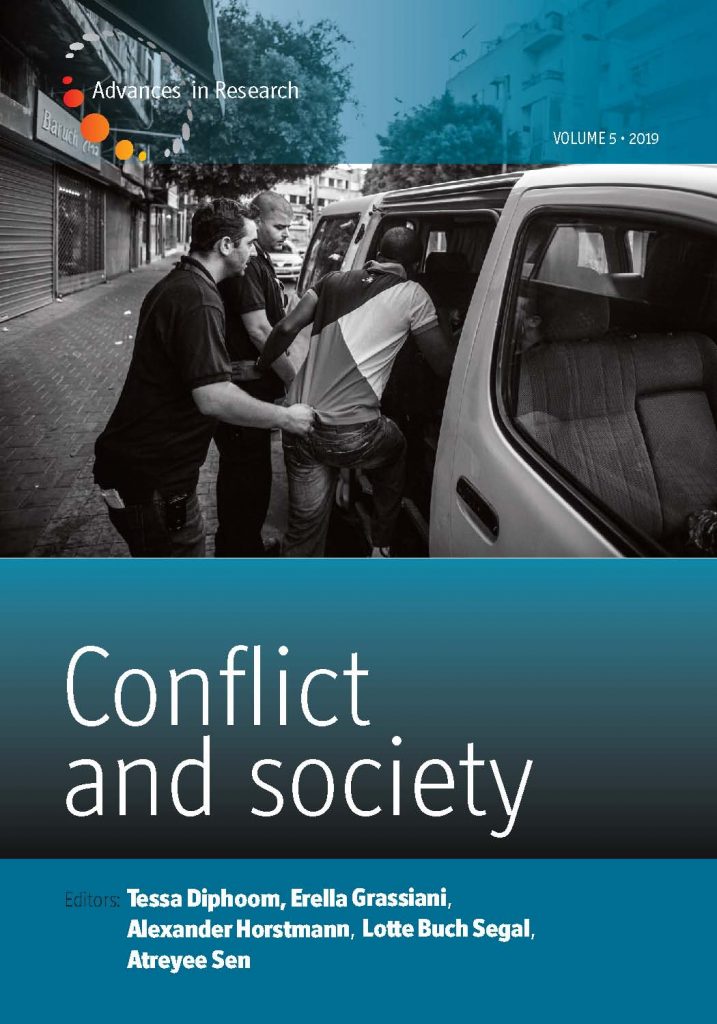
CONFLICT AND SOCIETY
Advances in Research
Volume 5, Special Section: War Veterans and Citizenship
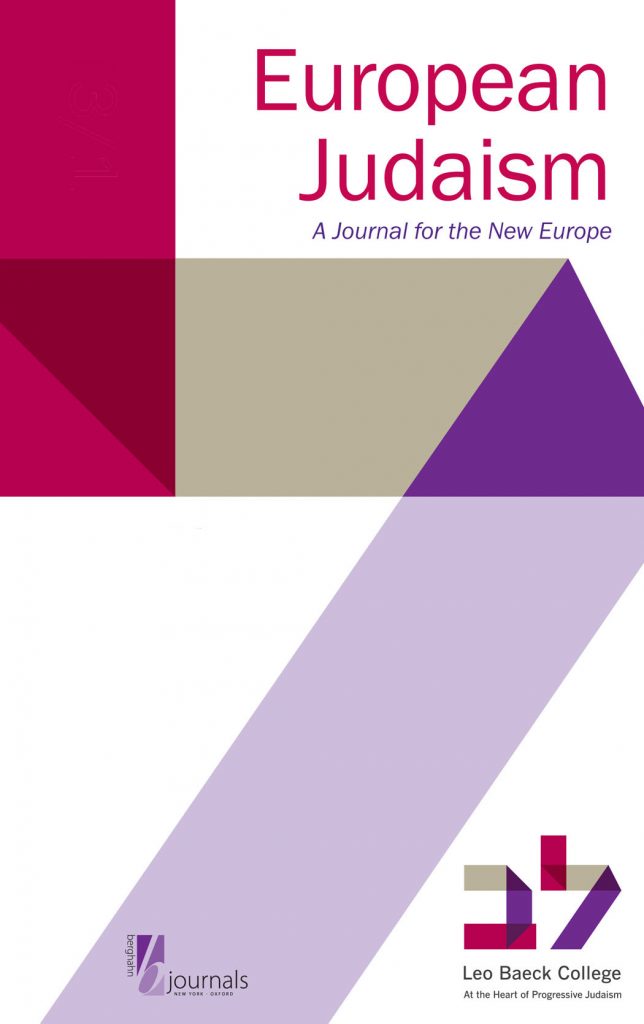
EUROPEAN JUDAISM
A Journal for the New Europe
Special Issue: Jewish Life in Morocco (Vol. 52, Issue 2)
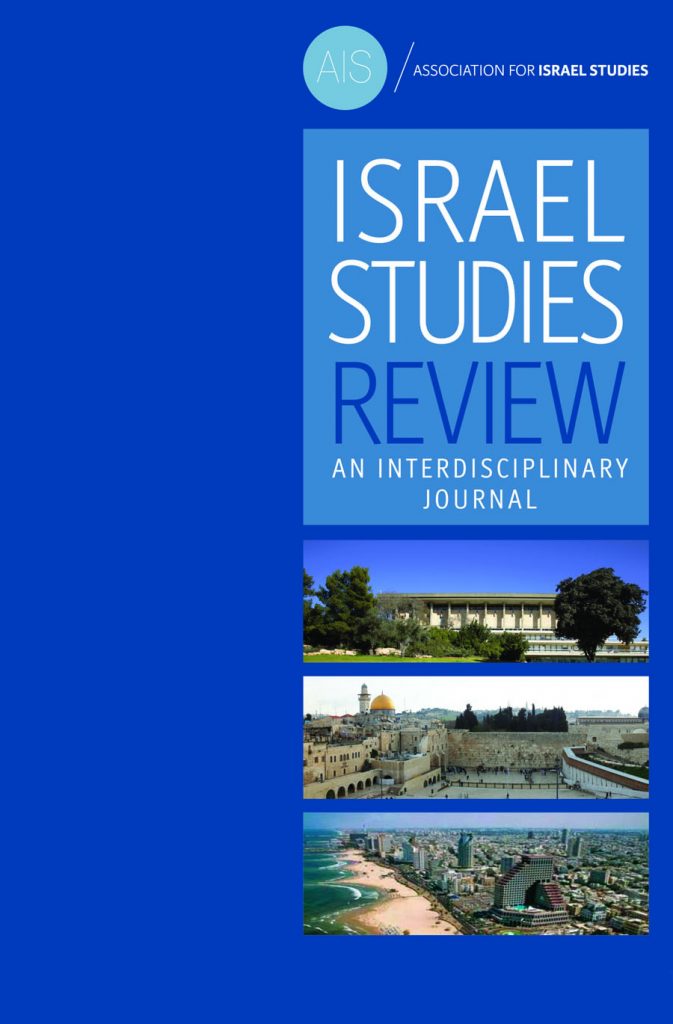
ISRAEL STUDIES REVIEW
An Interdisciplinary Journal
Volume 34, Issue 2
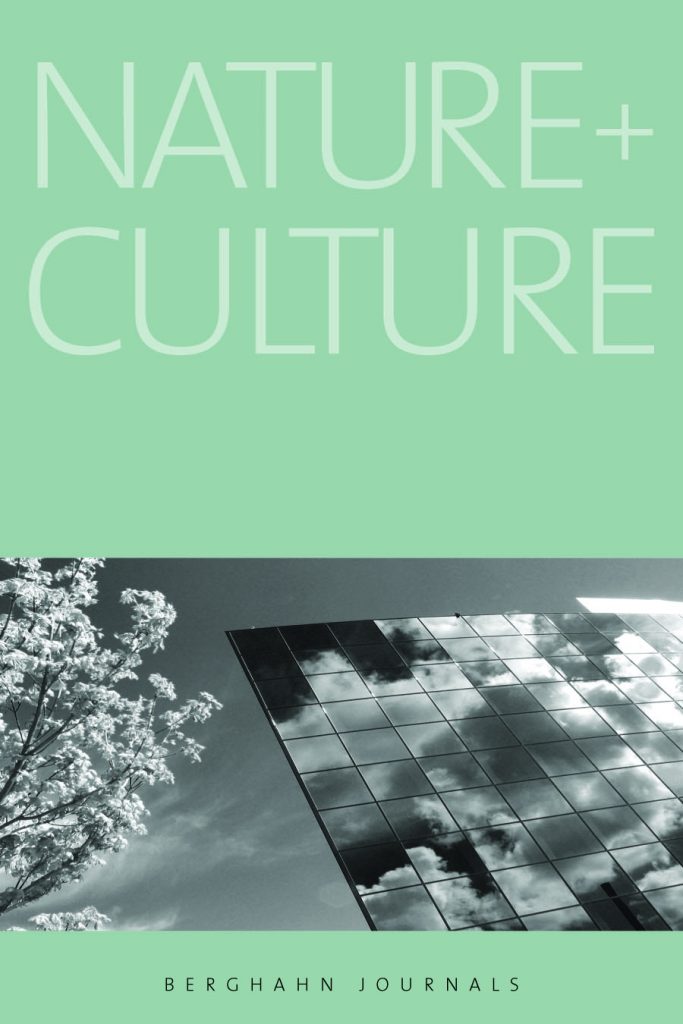
NATURE AND CULTURE
Special Issue: Agri-cultures in the Anthropocene (Vol. 14, Issue 3)
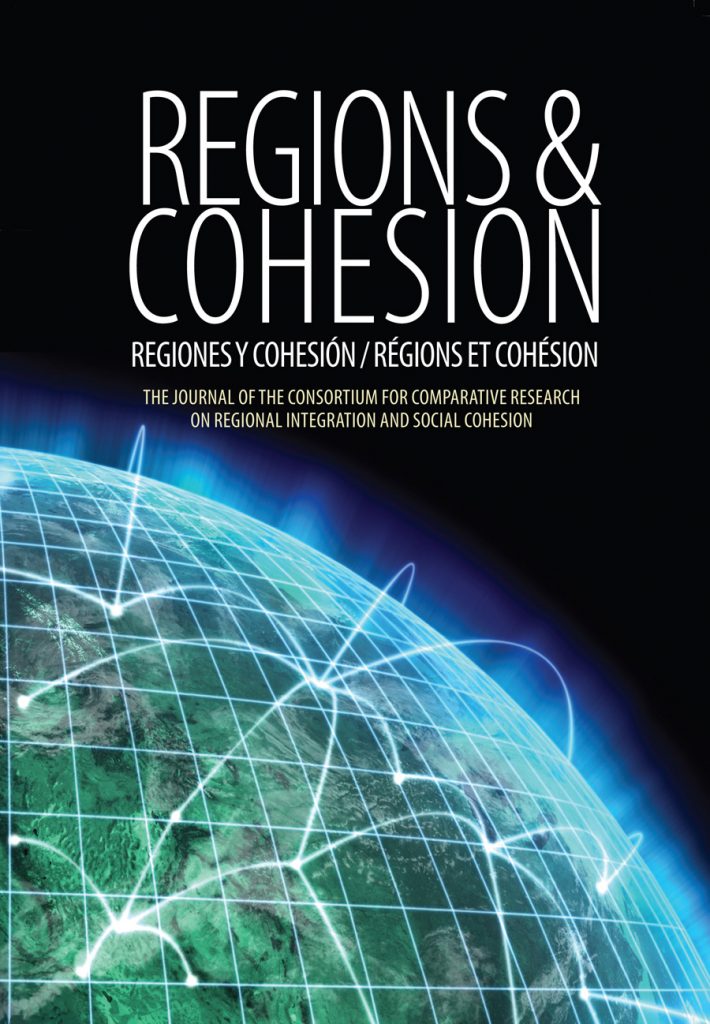
REGIONS AND COHESION
The Journal of the Consortium for Comparative Research on Regional Integration and Social Cohesion
Volume 9, Issue 2
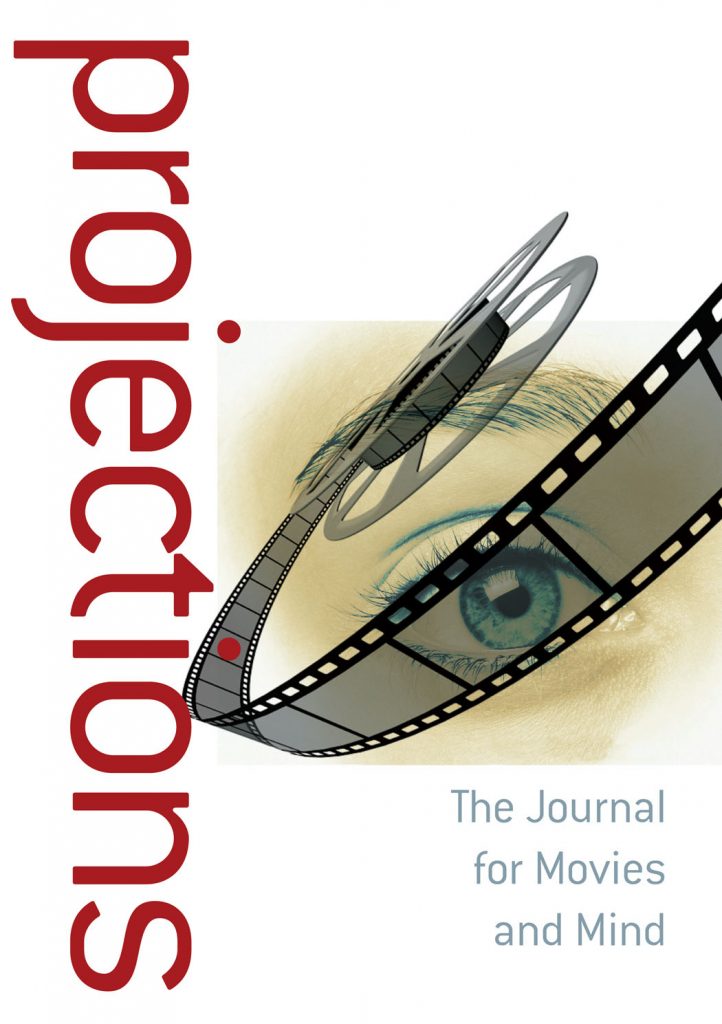
PROJECTIONS
The Journal for Movies and Mind
Special Issue: Emotion, Ethics, and Cinematic Experience (Vol. 13, Issue 2)
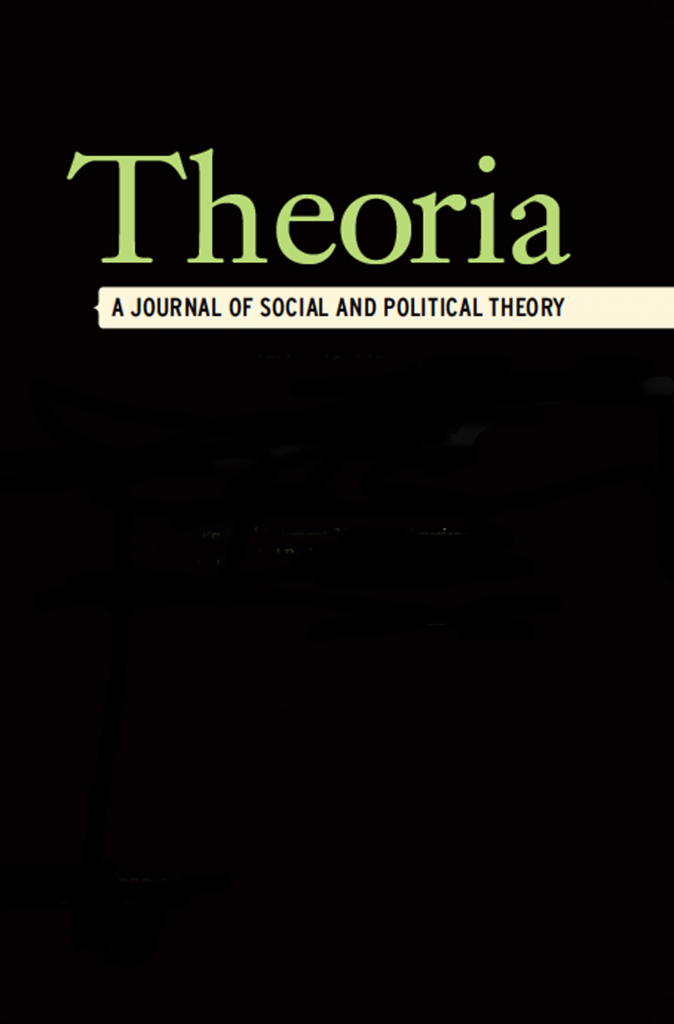
THEORIA
A Journal of Social and Political Theory
Special Issue: Value Pluralism and Public Ethics (Vol. 66, Issue 160)

